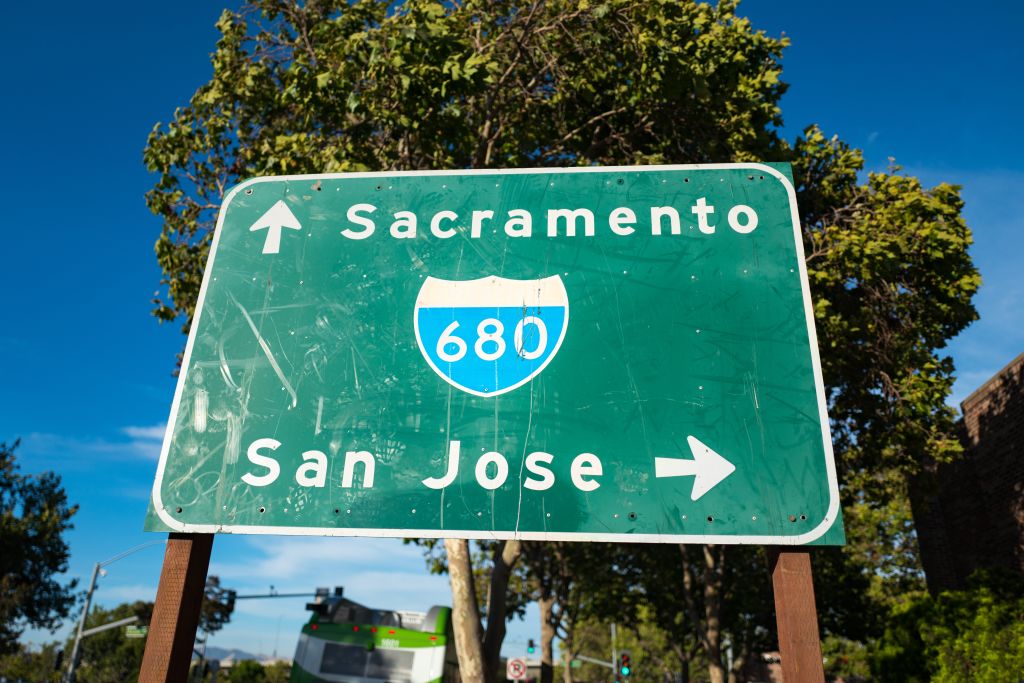Fidel Castro, the former leader of Cuba, died Friday, prompting a wave of reactions to emanate from the heavily populated Cuban-American regions of South Florida and the Bay Area.
While folks flooded the streets of Miami in celebration after learning that Castro, the father of communist Cuba had passed, San Francisco resident Chris Gueits paused to remember how such a moment in history would have been handled by his Cuban relatives among his other varying reactions.
"First thought was 'Wow!'" Gueits, a native of South Florida and documentary filmmaker, said. "It was certainly the last thing I expected to hear today. Second thing was, I thought it had already happened. (Castro)'s kind of been out of the spotlight for a long time. Next reaction is thinking about my grandparents and all the people who have sacrificed so much over the years and what this would have meant to them had they still been alive to seen it."
Gueits expects people around the world to either endure sadness or relief as they digest the news. Regardless of emotion, Gueits believes that this moment can lift up the country of Cuba and turn a page in the history books.
"Cuba has been on a trajectory of some degree of change and this is perhaps an opportunity to accelerate some of those changes and to move past a lot of the vestiges of a tumultuous history," he said.
Juan Diaz, the current Mountain View Fire Chief, is holding a similar belief. He was born and raised in Cuba before he packed his bags in 1980 and joined his family on a refugee boat destined for the United States.
Local
"It's emotional for me," he said. "I left my grandparents, my cousins, my aunts, my uncles, family, for generations. I wasn't able to go see them."
With an official changing of the guard following Castro's death, Diaz is now hopeful that his loved ones back home in Cuba will benefit from a fresh start.
"Now with (Castro) out of the picture, it gives hope to all of us and the people of Cuba," he said.
Among other dignitaries from around the world to voice a response, Democratic leader Nancy Pelosi, who represents San Francisco in Congress, also sees this moment as a time for transition.
"The death of Fidel Castro marks the end of an era for Cuba and the Cuban people," she wrote. "After decades under Fidel's doctrine of oppression and antagonism, there is hope that a new path for Cuba is opening."
[NATL] The Life and Times of Fidel Castro
The former president of Cuba, who will be remembered for his nearly half-century-long reign and divisive relationships with political leaders in the United States, is expected to be cremated Saturday morning, according to Castro's brother.
Castro has been battling a number of health issues since 2006 and temporarily relinquished his political power before giving it up for good two years later.
At times during his 49 years of leadership, Castro was praised for being a revolutionary commander who raised the country from an impoverished state. His critics, on the other hand, vilified him and labeled him as a brutal dictator who sanctioned human rights abuses and implemented disputed economic policies. Those decisions prompted droves of Cuban citizens to flee to the United States beginning in the 1980s.
A number of attempts were made by government leaders in the United States to oust Castro from his seat, including the disastrous Bay of Pigs invasion, but those attempts were rendered unsuccessful.
Castro's declining bill of health eventually forced him to step down and for the past several years, both Cuba and the United State have been working to repair relations as well as restructure diplomatic and economic ties.



